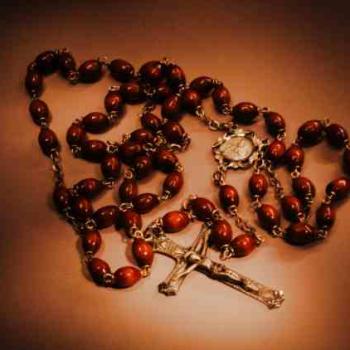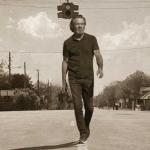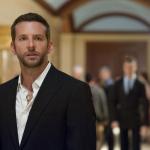
This morning Pope Francis revealed why he chose the name Francis and then spoke encouraging words to 5,000 members of the press who have been covering the events of the last weeks since Pope Emeritus Benedict XVI announced his retirement.
Joshua McElwee of the National Catholic Reporter has been in Rome covering the conclave and wrote the following this morning: Pope Francis: I would love a church that is poor.
In another post NCR added the complete text of the Pope’s talk:
“Dear friends, I am pleased, at the beginning of my ministry in the See of Peter, to meet with you who have worked here in Rome at this very intense period that began with the surprising announcement of my venerated predecessor Benedict XVI, this past 11 February. I warmly greet each of you.”
“A particularly heart-felt thanks goes to those who have been able to observe and present these events in the Church’s history while keeping in mind the most just perspective in which they must be read, that of faith. Historical events almost always require a complex reading that, at times, can also include the dimension of faith. Ecclesial events are certainly not more complicated than political or economic ones. But they have one particularly fundamental characteristic: they answer to a logic that is not mainly that of, so to speak, worldly categories, and this is precisely why it is not easy to interpret and communicate them to a wide and varied audience. In fact, the Church, although it is certainly also a human, historical institution with all that that entails, does not have a political nature but is essentially spiritual: it is the people of God, the holy people of God who walk toward the encounter with Jesus Christ. Only by putting oneself in this perspective can one fully explain how the Catholic Church works.”
Click here to continue reading











